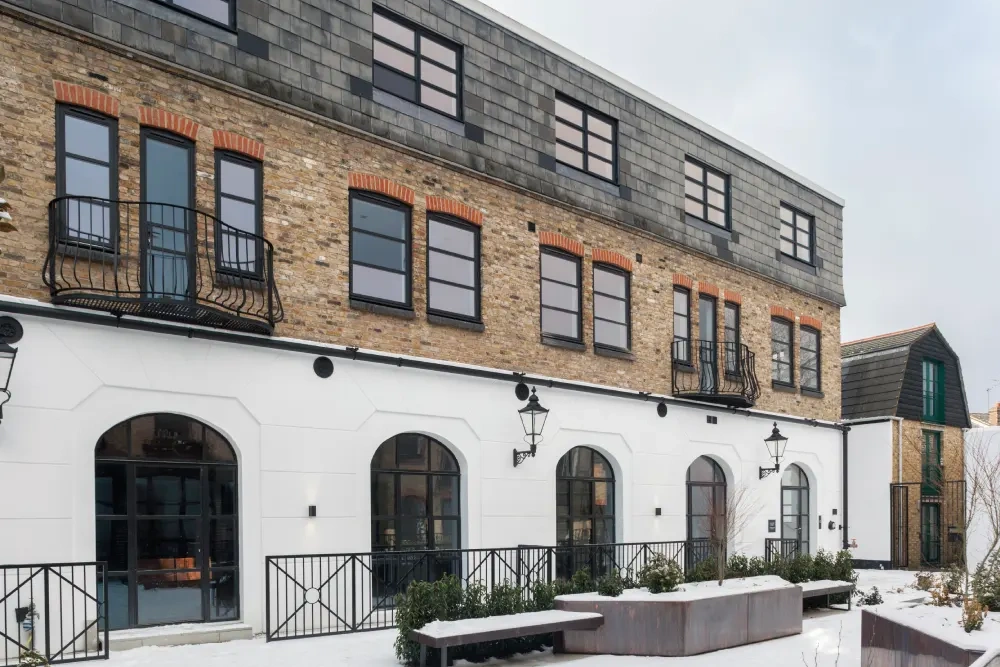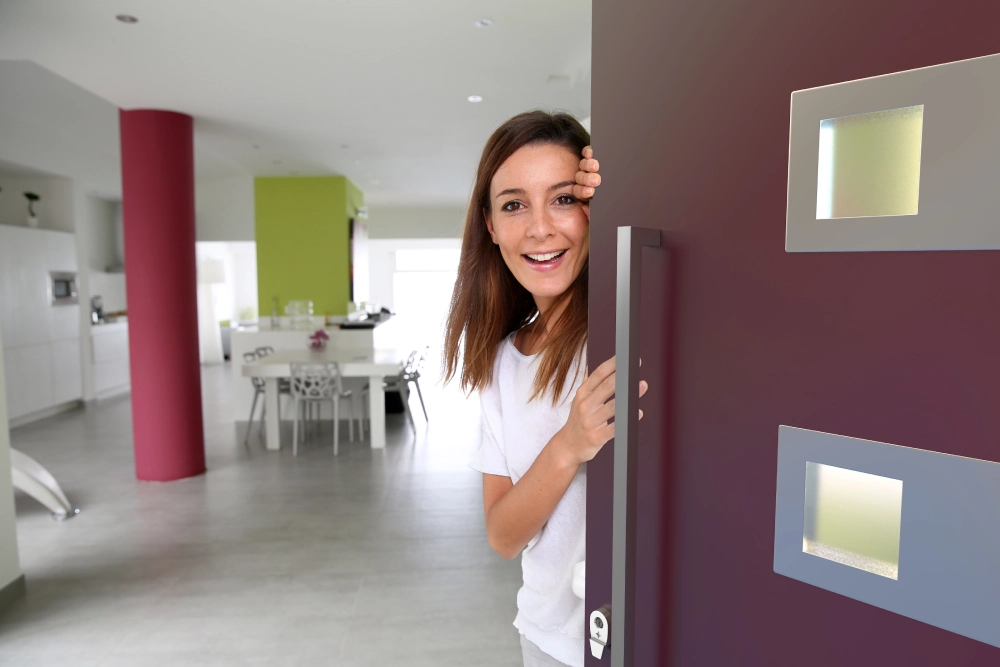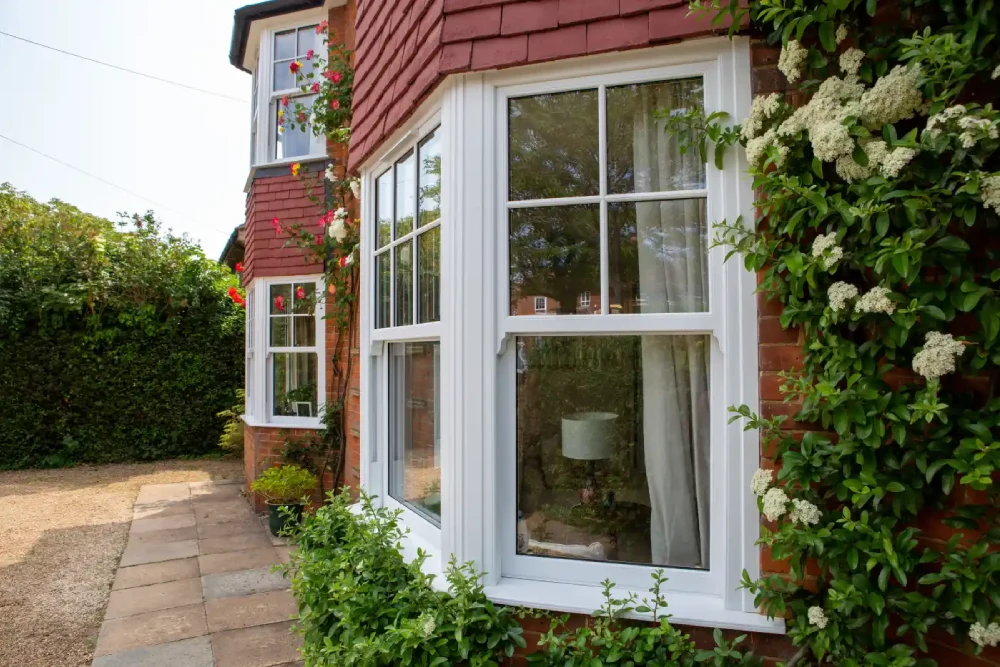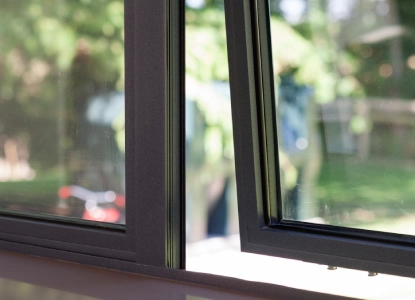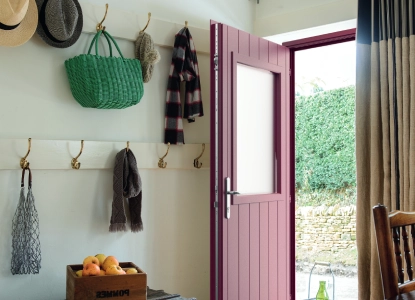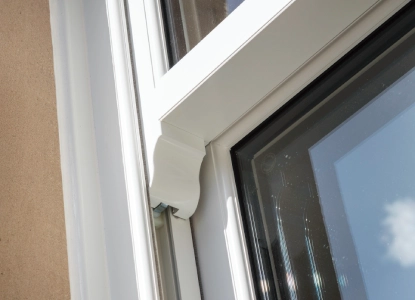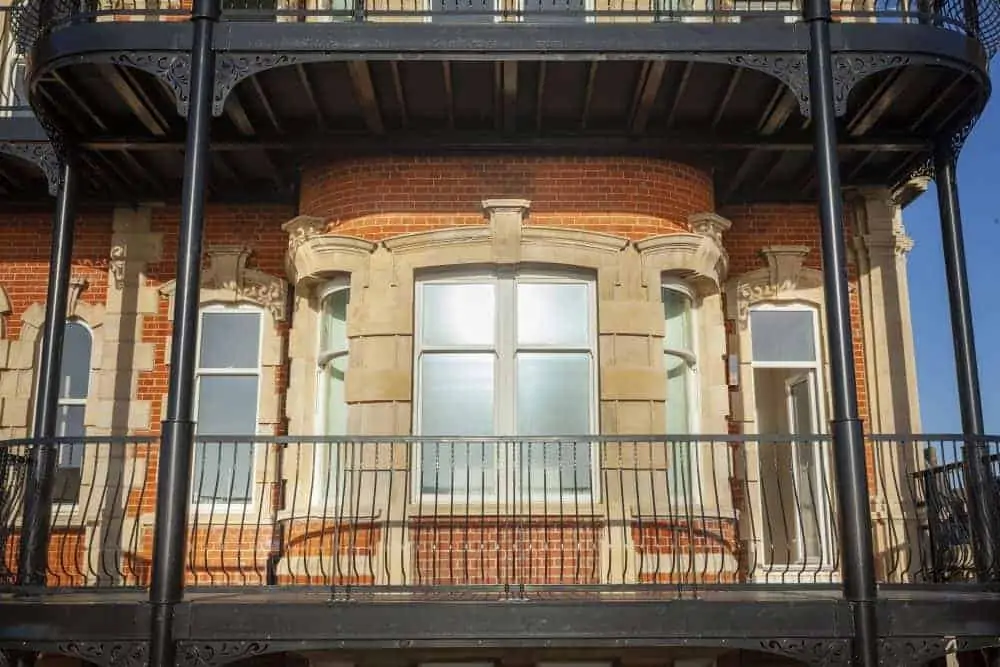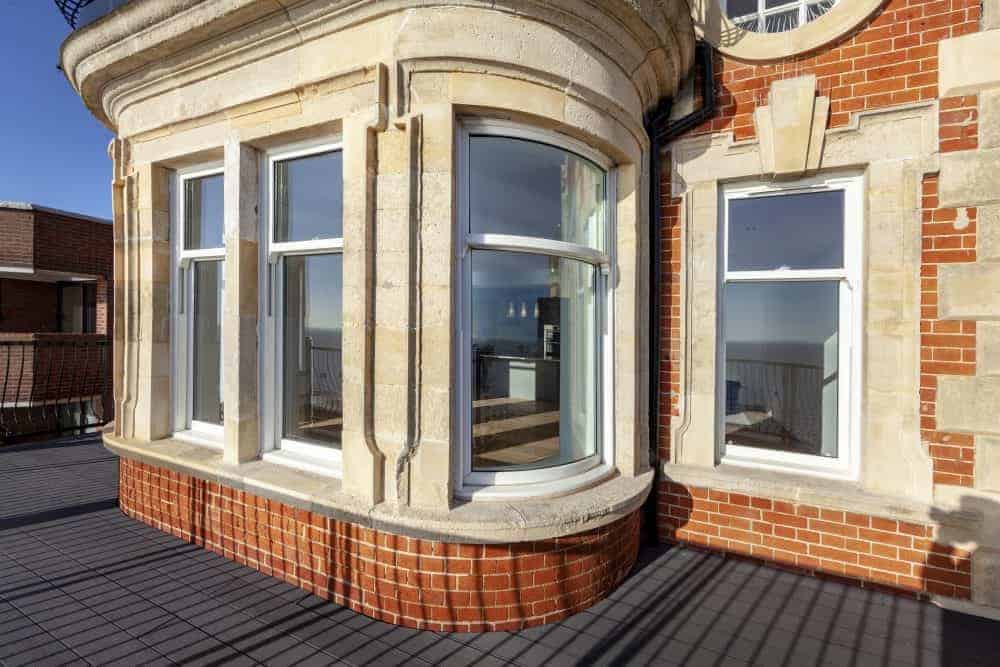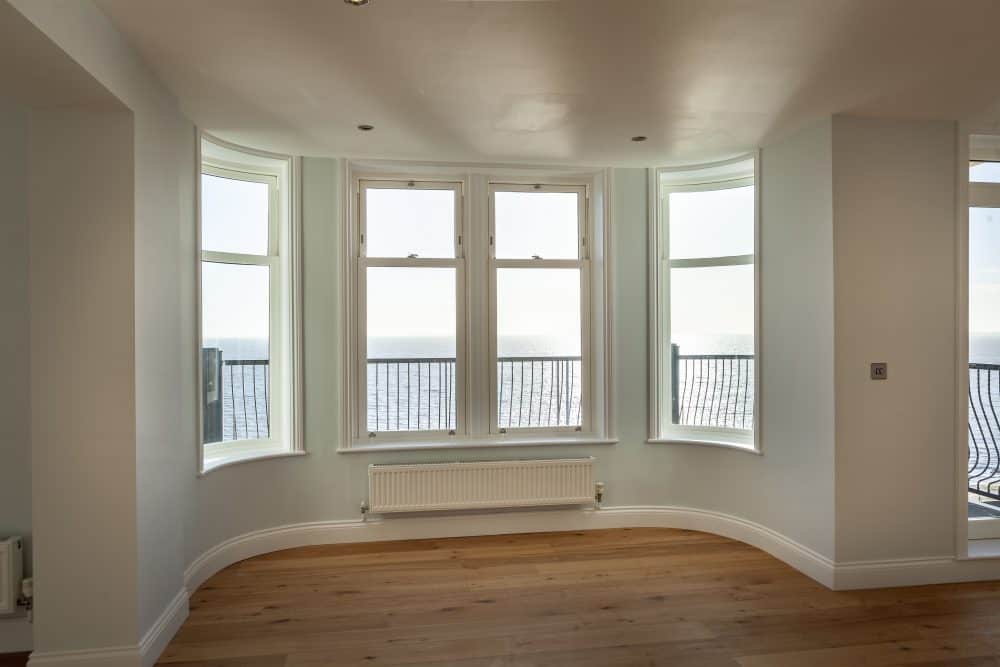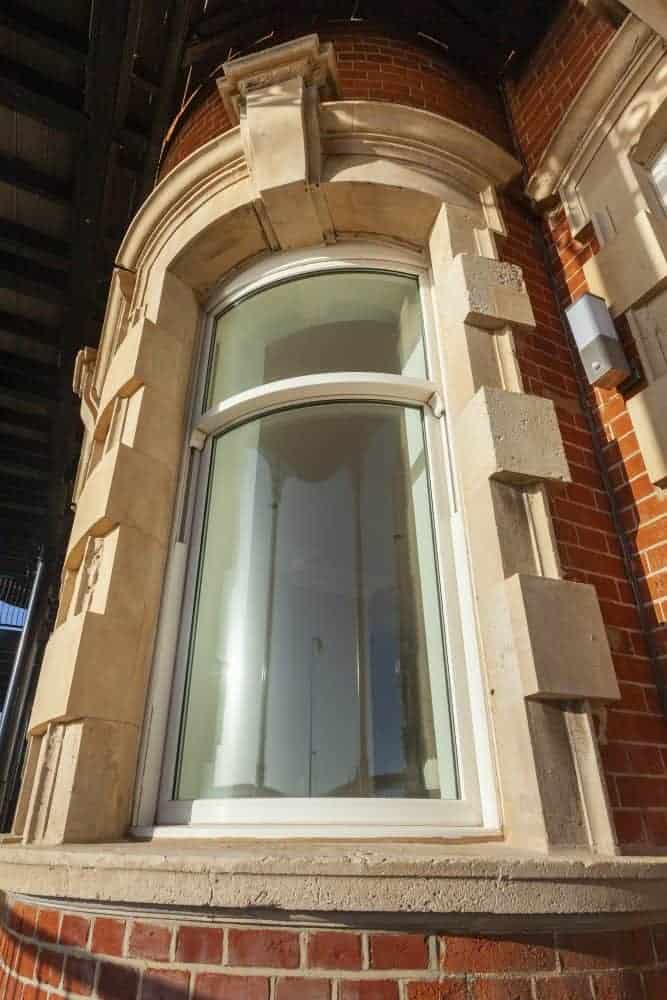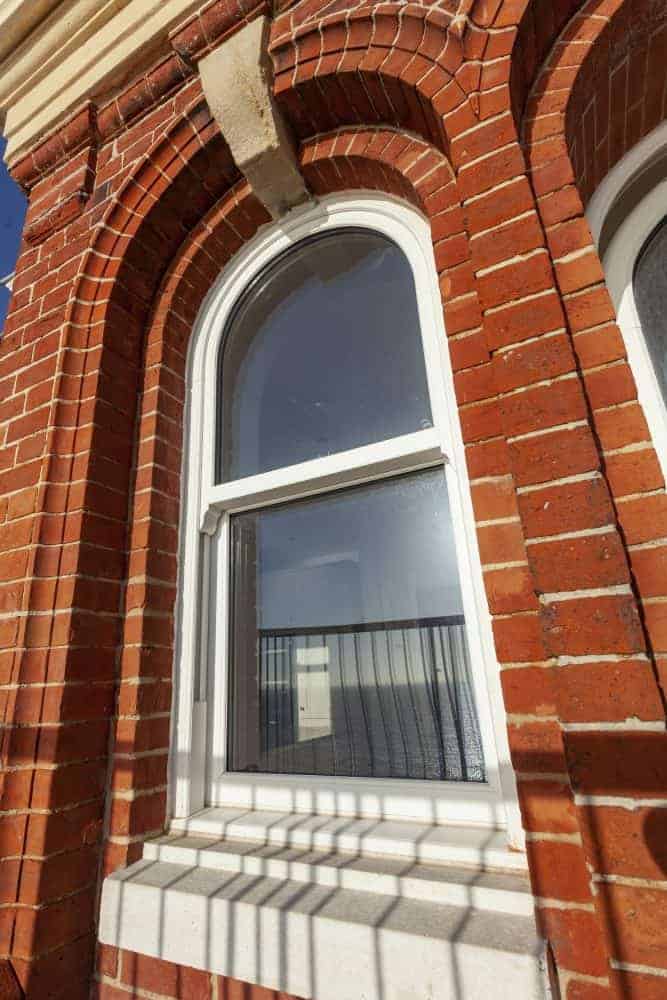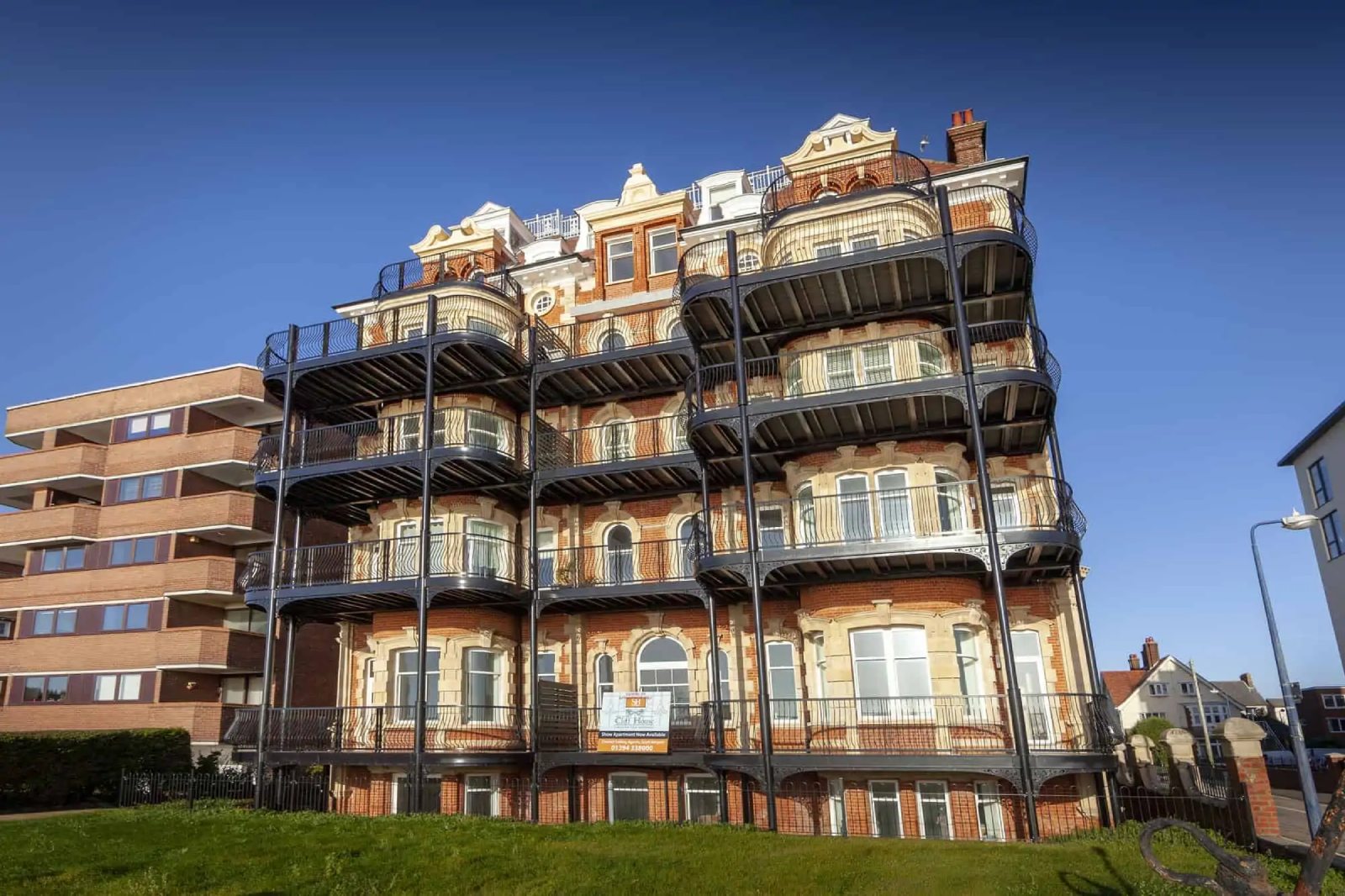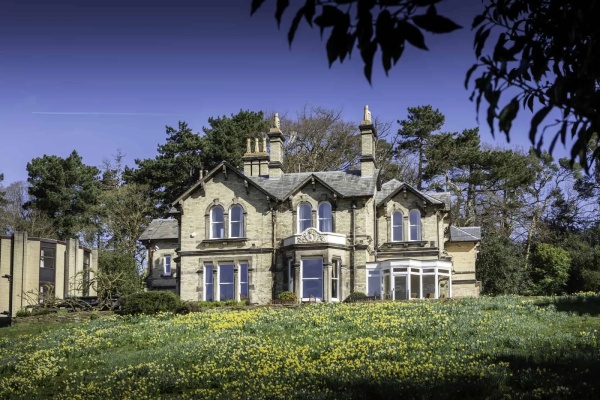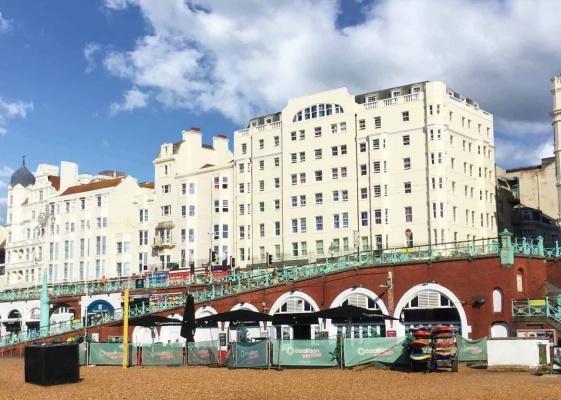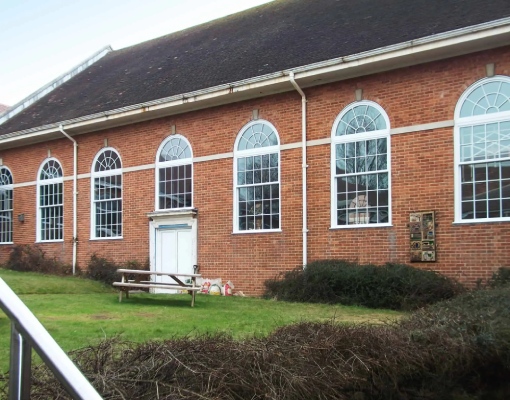Types of window glass
Low Emissivity
Low Iron Glass
Low-iron glass has a distinct clarity that can allow more UV light through the glass for increased solar gain. Solar panels use low-iron glass for superior harvesting.
Low-iron glass has a distinct clarity that can allow more UV light through the glass for increased solar gain. Ordinary glass has 475 parts per million (ppm) of iron content in the glass – which causes the blue/green hue of some types of glass. Low-iron glass has 70% less iron at only 150 ppm, making the glass visibly clearer to the eye.
Low iron glass is combined with Low-e glass to create a more energy-efficient window. The Low iron glass allows more UV light and heat energy into the room, while the Low-e glass acts as insulation keeping the heat energy in the room.
Toughened Glass
Glass is toughened by heating the pane to extreme temperatures of over 600˚C and then cooled rapidly. This results in a change to the break pattern of the glass. When toughened glass is broken, it forms a pattern of small pieces that reduces any risk of injury – compared to standard glass with a break pattern of large shards. For this reason, it’s used as safety glass.
Laminated Glass
Laminated glass has an internal PVB core that makes it much more difficult to break. It is used for safety in skylights to avoid falling glass and for superior security. The laminated glass is created by sandwiching a layer of PVB (polyvinyl butyral) between two sheets of glass that are bonded together. The result is a super safe glass that doesn’t shatter in the same way that standard glass does. The glass is also much more difficult to smash open as a means to gain entry to a property. Laminated glass also has the additional benefit of blocking up to 99% of harmful UV rays, protecting furnishings and fabrics from fading in direct sunlight.
Safety Glass
Safety glass is required by Building Regulations in glazed doors and windows at ground level (see below). But it can also be fitted to any windows or glazed doors you want to secure. If you have small children or large pets, safety glass offers peace of mind. An internal glass door or sliding glass doors are a target for accidents for children or large dogs to run through. And the damage caused by large shards of standard glass is life-changing. Building Regulations stipulate that any glazing in the following areas must be safety toughened glass:
- Doors up to 1500mm from the floor
- Windows up to 800mm from the floor
- Side panels to a door within 300mm to the sides of the door
Obscure Glass
Obscure glass (sometimes called privacy glass) allows you to have more privacy in a room but without the need for blinds so you can retain the natural light. Toilets, bathrooms, glazing in a front door facing a road or a bedroom overlooked by a neighbour can all benefit from privacy glass.
Technically, there are two types of obscure glass. Acid-etched has a frosted appearance which can be applied as a solid frost or in a pattern. Textured glass is formed in the production line when a piece of molten glass is pressed into a pattern mould. Once cooled, the glass retains a tactile pattern. Depending on the pattern, the glass can still have some level of visibility through it or can be fully obscured.
Acoustic Glass
Acoustic glass is specialist glass installed in noise reduction windows that can reduce the transference of sound and noise through the glazed window. Acoustic glass mainly reduces noise by using different surfaces and thicknesses to disrupt the energy of the soundwave. Although it also works through a combination of:
- The thickness of the glass
- Asymmetric thicknesses of glass to disrupt the soundwaves
- Argon gas between the panes
- Depth of gap between the panes
- Sound dampening laminate between panes. A window with specialist acoustic laminated glass can reduce noise by up to 40db.
Solar Control Glass
Solar control glass is designed to reduce solar gain. It has a specialist metallic coating applied to reflect away infrared radiation whilst allowing UV light through the glass. This results in a glass that can allow the maximum amount of light in balance with reducing the heat from the sun. The main reason to use solar control glass is to avoid overheating and the need to use mechanical cooling with an aim for a more energy-efficient house. Solar control is also beneficial to create a more comfortable living environment. Solar control glass is recommended where solar gain can be a problem in summer months for example windows facing south and southwest.
Cliff House, Felixstowe
VIEW PROJECTFoxhill House, Chester
VIEW PROJECTUniversity of Sussex, Brighton
VIEW PROJECTVarndean College, Brighton
VIEW PROJECTFrom sash windows to aluminium bifold doors, our high-quality products are engineered and manufactured right here in Britain. We work with fellow UK-operated companies, Spectus Window Systems, Smart Systems, and Jack Aluminium Systems, to deliver only the very best to our trade, commercial and residential customers.
How much do French doors cost to install in the UK?
The cost of installing French doors in the UK varies depending on the size, material, and design. At Mercury Glazing, we offer competitive pricing tailored to your specific needs. Please contact us for a personalised quote.
How to fit door handles?
Fitting door handles can be a straightforward process. First, measure and mark the position on the door, drill the necessary holes, then attach the handle with screws. For detailed instructions or professional fitting services, feel free to reach out to us.
How to replace patio doors?
Replacing patio doors involves removing the old doors, preparing the opening, and installing the new doors. It's a task best handled by professionals to ensure a perfect fit and functionality.
How much do patio doors cost?
The cost of patio doors varies based on size, material, and design. Contact us at Mercury Glazing for a bespoke quote that matches your specific requirements.
How much are French doors?
The price of French doors depends on the material, size, and design details. We offer a range of options to suit various budgets. Please get in touch for a tailored quote.

